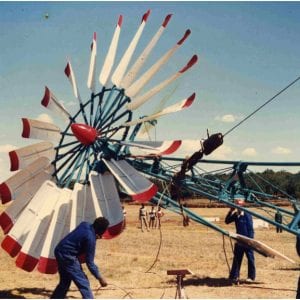
Agriculture
December 26, 2023
Kijito 2008 Windpump
Read SolutionImplemented by
Bobs Harries Engineering Ltd (BHEL)
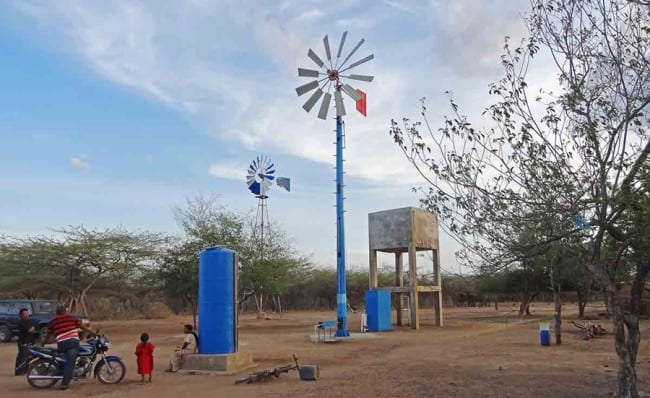
Updated on January 2, 2024
·Created on August 30, 2020
Aero-Desalinator is a wind-powered desalination plant that uses reverse osmosis technology.
Aero-Desalinator is a system that integrates wind energy technology with a desalination system to desalinate and purify brackish water from total dissolved solids (TDS) of up to 14,000 ppm to 500 ppm. Wind energy is harvested to abstract saline water from wells and transport it to a desalination system composed of a series of filters and membranes integrated with copper and silver ions for the removal of pathogens. Additionally, a reverse osmosis process is used to produce potable water. The equipment is also designed to work with photovoltaic systems connected with battery banks and inverters.
This equipment was invented by engineer Juan Carlos Borrero Plaza and was first applied to solve the water problem of the Uletsumana Wayuu community on Colombia’s Guajira Peninsula. Currently, this is a commercialized technology and more than 80 units have been installed in Colombia.
Target SDGs
SDG 6: Clean Water and Sanitation
SDG 7: Affordable and Clean Energy
Market Suggested Retail Price
$35,000.00
Target Users (Target Impact Group)
Community, Public Sector Agencies, NGOs
Distributors / Implementing Organizations
LOGINVEX S.A.S
Competitive Landscape
Direct competitors include Desolenator.
Countries
Colombia
Manufacturing/Building Method
Manufactured and marketed by ACTIVA M&O CONSTRUCCIONES S.A.S in Colombia. This product is produced in batches and is mostly manufactured according to the needs of the community.
Intellectural Property Type
Patent
User Provision Model
Users can obtain this equipment and service by directly contacting the company itself or contacting Juan Carlos Borrero Plaza.
Distributions to Date Status
As of 2018, 80 Aero-Desalinators have been installed in the desert of the Colombian Guajira.
Type of system
Wind powdered desalination
Manufacturer-specified water treatment rate (L/hr)
255 L/h
Bacteria reduction
Unknown
Virus reduction
Unknown
Protozoa reduction
Unknown
Heavy metals and/or arsenic reduction
Unknown
Power required
Unknown
Safe water storage capacity (L)
None
Design Specifications
The Aero-desalination system consists of six modules: a pre-installed windmill, a concrete tank for storage of untreated water, dual Pre-Filters, wind pumping module, reverse-osmosis chamber, and the drinking water storage tank.
The system operates by pumping the saline or brackish water from the standard well which is hooked up to a pre-installed windmill. The pumped water from the well is then stored in a concrete storage tank which is designed for a certain height for gravity to do the job. The water from the tank is then allowed to flow through a dual pre-filter previously doped with nano-technological copper and silver ions to stop the incursion of suspended particles, algae, molds, fungi, or bacteria. Further on, the water is allowed to pass the reverse osmosis membrane through a pipe or tank regulating flow and pressure of cross flows where the permeate is stored in another freshwater tank of 2,000 L capacity and the concentrate is sent to a separate reservoir where the water eventually evaporates.
Some of the details of the Aero-Desalinator are as follows:
Pump used: piston-check design which allows a double suction and drive effect more efficient.
Membrane: SW30HRLE-4040
Active membrane area: 7.9 m2
Permeate flow rate: 6.1 m3/day
Minimum % of salt rejection: 99.6 %
Technical Support
There is no technical support provided and users are expected to maintain the product on their own with the help of training or pictorials provided by the manufactures at the time of project implementation.
Replacement Components
There are no specified replacement components by the manufacturer; prefilters and specific components of the wind turbines may need replacement after a period of use.
Lifecycle
The average lifecycle for this product is 20 years; if handled with care the system can last much longer up to 30 years.
Manufacturer Specified Performance Parameters
Designer specified performance targets include: Off the grid system Use of nanotechnological ionization as a part of pre-filtration Low per liter cost High water output i.e. 2 m3/day Efficient salt removal i.e. from 14000 ppm to 500 ppm
Vetted Performance Status
Unknown
Safety
No known safety hazards are related to this product other than electrical hazards related to the operation of electrical equipment such as solar panels or wind turbines. Users must wear protective equipment to avoid electrical burns or electrocution while operating electrical equipment.
Complementary Technical Systems
Pre-filters, micron filter and activated carbon filter, wind turbines, storage tanks, pumps
Academic Research and References
Emmanuel, K. and Clayton, A., 2019, Water Quality and Alternative Energy Nexus in the Americas, Water Quality in the Americas, p.148.
Ma, Q. and Lu, H., 2011, Wind energy technologies integrated with desalination systems: Review and state-of-the art, Desalination, 277(1-3), pp.274-280.
Swift, A et al., 2009, Wind power and water desalination technology integration. Wind Science and Engineering Research Center and Water Resources Center, Texas Tech University, Bureau of Reclamation, Lubbock, TX.
Non-academic:
Harris J., 2016, Outsmarting Climate Change: Affordable Solutions to the Climate Crisis, Discover Magazine.
P. P. N. Us, “ION AERODESALINIZADOR,” Dixplanet.com. Available: https://dixplanet.com/wp-content/uploads/2022/04/2.-Documento-Tecnico-AERODESALINIZADOR.pdf
“Goal 6,” Sdgs.un.org. Available: https://sdgs.un.org/goals/goal6
“Patentes agua,” Dixplanet. Available: http://dixplanet.com/patentes-agua/
Compliance with regulations
The manufactures claim the water quality of this product complies with World Health Organization (WHO) regulations.
Evaluation methods
Unknown
Other Information
Aero-Desalinator was a winner during the 2018 H2O Challenge.

Agriculture
December 26, 2023
Implemented by
Bobs Harries Engineering Ltd (BHEL)
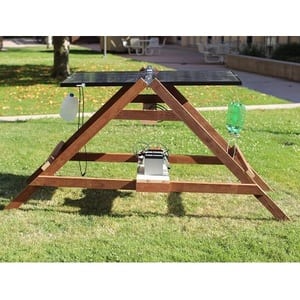
Agriculture
January 17, 2024
Implemented by
Roseicollis Technologies
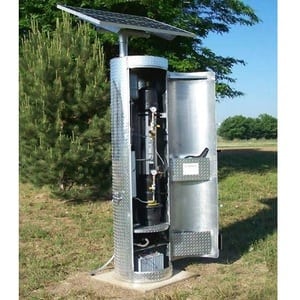
Agriculture
January 17, 2024
Implemented by
Innovative Water Technologies
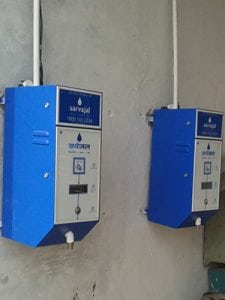
Agriculture
January 3, 2024
Implemented by
Piramal Water Pvt Ltd.

Agriculture
December 27, 2023
Implemented by
iDE
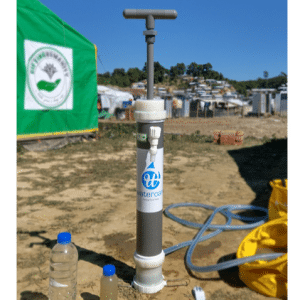
Agriculture
January 16, 2024
Implemented by
wateroam
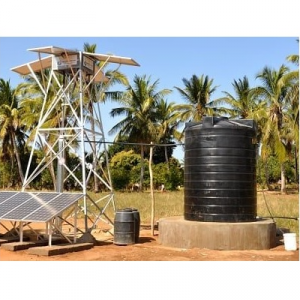
Agriculture
December 27, 2023
Implemented by
Pumpmakers
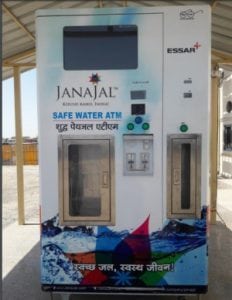
Agriculture
January 8, 2024
Implemented by
JanaJal
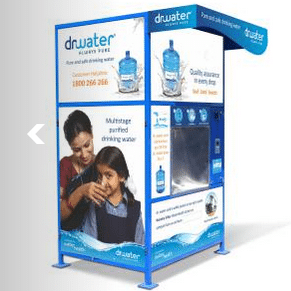
Agriculture
January 3, 2024
Implemented by
Water Health Centre
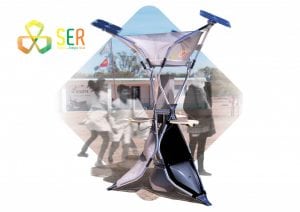
Agriculture
December 10, 2024
Implemented by
Box Synergy
Have thoughts on how we can improve?
Give Us Feedback